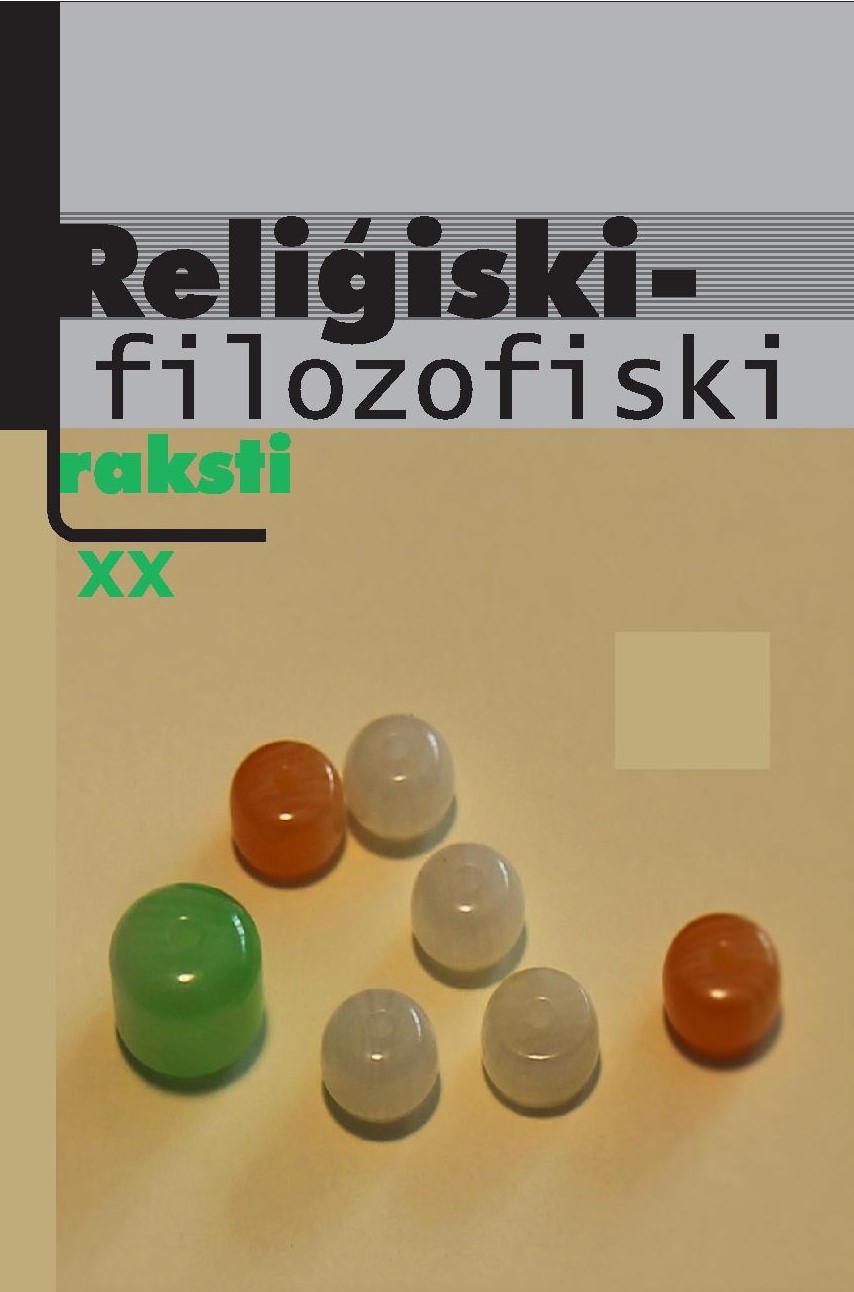Par reliģiskās pieredzes pētniecību: kognitīvās teorijas versus fenomenoloģiskais diskurss
Investigation of Religious Experience: Cognitive
Theories versus Phenomenological Discourse
Author(s): Elizabete TaivāneSubject(s): Epistemology, Theology and Religion, Philosophy of Religion, Phenomenology
Published by: Latvijas Universitātes Filozofijas un socioloģijas institūts
Keywords: cognitive theory; phenomenology; theology; religious experience;
Summary/Abstract: The research is dedicated to two different approaches to how religious experience can be investigated. The first one represents the so called cognitive theories which are interested in naturalistic explanation of religious concepts, religious conduct and experience. The key word here is cognition that is biological by nature. The school doesn’t accept a definition of religion by sui generis principle. According to cognitivists religious experience should be designated as “the experiences deemed religious”. Although the methodology of cognitive sciences is trustworthy, it is able however just to record some correspondence between the states of consciousness and the processes in human brain. The cognitive method can say nothing about the content and meaning of religious experience.
Journal: Religiski-filozofiski raksti
- Issue Year: XX/2016
- Issue No: 1
- Page Range: 56-74
- Page Count: 19
- Language: Latvian

